Budgeting is one of the biggest challenges young adults have when it comes to managing their money. You might download an app like Mint and use it for a week. But after a while you stop checking it and eventually forget all about it.
Or maybe you set a budget and just can't seem to stick to it no matter what you do. Whatever your situation is, you're not alone. But don't worry, we have your back!
I reached out to 21 budgeting and personal finance experts and asked them one question:
What's your top budgeting tip for young adults?
Read their answers below!

Kalen from MoneyMiniBlog.com
Automation is the most powerful tool for your finances, and it's usually free. Automate all of your bills and anything that remains the same from month to month. Then budget what's left.
If you keep going over budget, switch to 100% cash for all of your purchases. Use the envelope system, and then when you run out of cash in that envelope, you're done with that category for the month.
Automation is the most powerful tool for your finances, and it's usually free.

Shane from BeatingBroke.com
Don't feel like you have to find a template and stick with that template. Rearrange, modify, and adapt whatever you start with until you find something that works for you. The better it works for you, the better you'll stick to it.
And don't forget to continue to rearrange, modify, and adapt it after you start using it. Our lives change, and our budgeting method should change with it.
Our lives change, and our budgeting method should change with it.

J. Money from BudgetsAreSexy.com
If you're having trouble with your budget, take a break and try tracking your *net worth* instead for a few months. Nothing motivates you to do better than looking at your overall wealth! If it starts trending up, you know you're doing things right. If it's going down, you know it's time to cut the crap and change your spending/habits.
The beautiful part is that this works whether you're deep in debt payments or you're stashing investments away. As long as you're making positive moves overall, your number will go up! Then once you have that overall picture down, jump back to the budget from there and get into the dirty details.
Nothing motivates you to do better than looking at your overall wealth!

Steve from ThinkSaveRetire.com
Think of your budget as money that CAN be spent rather than money that SHOULD be spent. Back when I first began budgeting, I would always look for ways to spend money when some of my budget categories filled up. I'd even steal money from one category if I had to.
For example, very often my gas budget would fill up with money because I wasn't driving quite as much as I had expected. Instead of adjusting my budget accordingly, I'd simply steal money from my gas budget in order to buy things that I thought would make me happy.
In essence, I was cheating my budget. But more than that, I was cheating myself.
Your budget is there to help you to control your spending. There will always be ways to cheat, but when you do, you're killing your chances at mastering your money and achieving your financial goals. I did and I still regret that to this very day.
Don't cheat on your budget. I guarantee you that your future self will thank you for it.
Think of your budget as money that CAN be spent rather than money that SHOULD be spent.

Jim Wang from WalletHacks.com
My top budgeting tip is to try different budgeting strategies to find the one that fits your temperament.
Some people love spreadsheets and tracking expenses to the last penny, others want to plan ahead and budget next month's or week's spending today, and others hate the whole idea and employ a Pay Yourself First method. If you try one style and realize you won't stick with it, switch it up so you find a way that works for you.
Try different budgeting strategies to find the one that fits your temperament
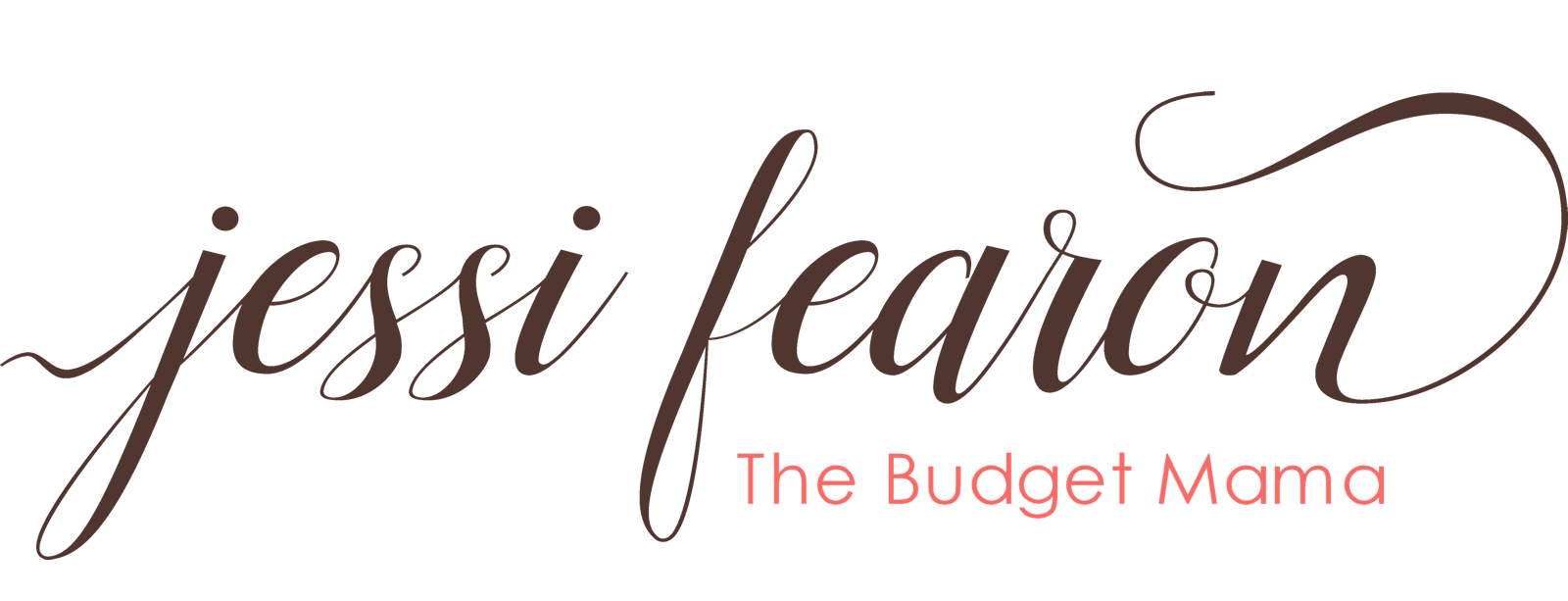
Jessi from TheBudgetMama.com
My top budgeting tip for young adults is to not only create a budget but to stick to it. Anyone can create a budget but it takes someone with serious self-discipline to stick to a budget. Be the person that cares enough about their future to make sticking to a budget a priority.
Anyone can create a budget but it takes someone with serious self-discipline to stick to it.

Melissa from FrugalAndThriving.com.au
My tip for young adults would be to spend a little time setting up an investment strategy for the future by putting a SMALL amount away (you'll be glad you did when you're older) and then with the rest of your earnings, make the most of your youth. It's the best time for travel and enjoying life experiences that aren't the same when you have a mortgage and kids (if that's the road you end up taking, of course!).
Get your 'ducks in a row' by paying yourself first into a savings account or investment vehicle your financial adviser recommends, avoid getting into debt on consumer goods and enjoy the money you earn by spending it on experiences that enhance your life.
Spend a little time setting up an investment strategy for the future...

Kristin from TheWildWong.com
My top budgeting tip for young adults is to create a goal for your budget. Without a goal, what's the point of budgeting? You need a specific, meaningful goal to give your budget a purpose so that you'll actually stick to it. Maybe the goal is to get out of debt so you can finally start saving for that awesome vacation.
When I graduated college, my budget goal was to simply afford my apartment so I didn't have to move back home. Whatever your goal, it's important to keep in mind that money is just a tool. It's a powerful tool, yes, but in order to use it correctly, it needs a purpose. When you give it a purpose, you put yourself in control. You make it work for you, instead of the other way around.
Create a goal for your budget. Without a goal, what's the point of budgeting?

Bridget from MoneyAfterGraduation.com
My best tip would be not to forget to budget for fun. When most people get their finances in order, they're so excited to tackle their goals like paying off debt or saving, that they allocate all their resources to these tasks, and they don't leave any money left over for anything else.
It's unreasonable to expect yourself to go months (let alone years) without clothes, dinners out, or other sorts of fun, so I always tell people to keep a few hundred dollars (about 10% of your income) for guilt-free spending. It makes debt-repayment and saving so much easier.
I always tell people to keep a few hundred dollars for guilt-free spending.
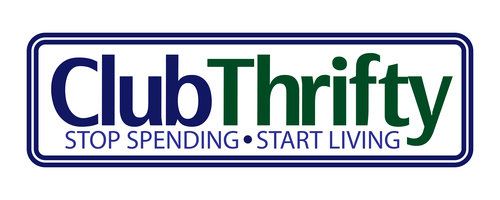
Greg & Holly from ClubThrifty.com
The first and most important budgeting tip I give everybody is that they need to use a written budget. Write. It. Down. Too often, we think we can keep track of everything in our heads. We can't. We think that having enough money to pay our bills is budgeting. It isn't.
A budget is a plan for how you will save and spend your income each month. Writing it down creates a concrete picture of how much money you actually have and what bills you need to pay. It also keeps your finances organized and helps you avoid mistakes. It doesn't matter if you use a computer program, a spreadsheet, or a pen and paper. By writing it down, you're far more likely to succeed!
We think that having enough money to pay our bills is budgeting. It isn't.
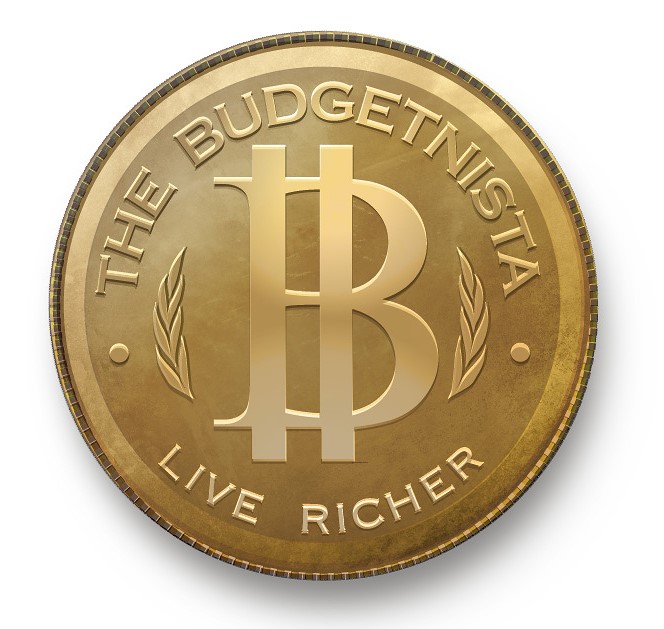
Tiffany from TheBudgetnista.com
Give and get an allowance: I bet you never thought you’d get one again. After creating your budget, decide which items you can pay for with cash each month and add their amounts up, then divide the total by 4. That’s how much your new weekly allowance is.
If you take weekly cash allowances, it will help to curb your spending. Also, give yourself a CASH allowance when shopping & leave the cards at home. This way when the cash is done, so are you.
Give and get an allowance...
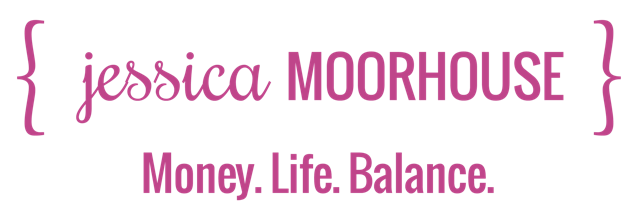
Jessica from JessicaMoorhouse.com
Track your spending as early as you can. The biggest complaint by young adults is that they don’t know where their money goes and they have no idea how they spent it all, or worse, got into major debt.
By tracking your spending, you’ll find the answer, plus some insight into your spending habits. You may realize you’re an emotional shopper and tend to drop major cash when you’re having a bad day. You may find that your habit of eating out for lunch everyday with your co-workers is costing you hundreds of dollars a month that could be going towards paying off your student loan.
If you really want to get your finances in check and be able to make a realistic budget spreadsheet you can stick to so you can reach your financial goals, tracking your spending every day is the only way to do it.
Track your spending as early as you can.

Edwin from MoneyInThe20s.com
Start saving for retirement as early as you can - especially if your employer will match part of your contribution.
Start saving for retirement as early as you can...
LEARN MORE ABOUT SAVING FOR RETIREMENT >>

Michelle from MakingSenseOfCents.com
My top budgeting tip is to be realistic with your income and spending. Many people create a budget, but it is not very realistic. Your budget should include your actual income and actual spending.
I recommend tracking your income and spending over a few months (at the least), to see what your actual budget categories are like.
My top budgeting tip is to be realistic with your income and spending...

Andrew from FamilyMoneyPlan.com
When it comes to young adults the best thing I can think of is to start saving money now! A lot of the common knowledge out there will tell you to save 10% of your income. That’s great if you are starting out, but when you are younger you should be trying to increase that amount any chance you get.
The more you can save earlier on the better it will be down the road. Keep the longer timeframe in mind. It’s not always easy but it definitely is worthwhile in the end. If you started saving 20% of your income and then increased that every time you got a raise or a bonus you would be doing better than most people out there. Don’t be the average, aim for something better than that. Your finances will thank you.
Some food for thought: When it comes to savings if you save 10% of your income it takes 9 years to save up 1 years worth of expenses. If you save 20% of your income, it takes 4.5 years to do the same thing. Compound that over your working life and you will see why saving more is worth it. If you want some more saving numbers you can check out my post here.
The more you can save earlier on the better it will be down the road.

Jen from JenHemphill.com
My top budgeting tip is to make sure ALL numbers in your budget have an action to follow it. Your budget doesn't speak to your bank nor vice versa, so if you are budgeting $50 a month for a non-monthly expense make sure you do set it aside outside of your budget that is.
Make sure ALL numbers in your budget have an action to follow it.

Barry from MoneyWeHave.com
If someone offers you free money, take it! - If your employer offers you 401K matching or an employee stock plan, take it! This is essentially free money, so you would be foolish to not take what's offered to you.
If someone offers you free money, take it!

Christine from TheWalletDiet.com
Think of budgeting as a weight-loss program. You're not going to see results if you eat everything you want but starving yourself isn't healthy or feasible either. The key to success is moderation -- eat healthy meals during the work week and then reward yourself with that big juicy bacon cheeseburger on Saturday.
The same principle can be applied towards budgeting: you just bought tickets to see your favorite band, so you choose to take pubic transportation for the next two weeks to save money on gas. It's all about balance!
Think of budgeting as a weight-loss program...
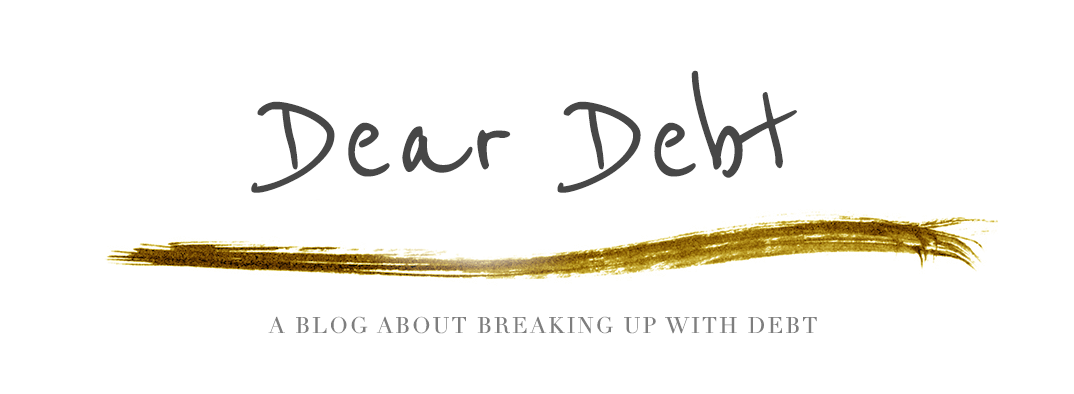
Melanie from DearDebt.com
Track every single cent for 30 days to get an accurate picture of where your money is going. You may think you know where your money is going, but this will show you where it really is going. You can also use a tool like Mint.com to help you budget. I love Mint.com and it helps me stay on track with my income and expenses.
Track every single cent for 30 days to get an accurate picture of where your money is going.

Mara from BargainBabe.com
I am a big advocate of living frugally, but it's equally, if not more, important to focus on increasing your income. There's a limit to how much you can save by living frugally, but your income potential is, in theory at least, limitless. This is especially important when you're young because you're in a position to make career choices that could shape the rest of your life. Think about the lifestyle you want to achieve and make a plan for how to reach the income necessary to support that.
Think about the lifestyle you want to achieve and make a plan for how to reach the income necessary to support that.

Andrew Schrage from MoneyCrashers.com
My best budgeting tip for young adults is that after you create your budget using a website like Mint, a spreadsheet, or even one written down on paper, that you have to actually use it. You must log in to your account each month or break out your document and fill out your numbers for each month.
Fixed bills such as utilities should be easy to locate and reference your credit card statements for variable expenses like food and entertainment. If you overspend in one area, then you'll need to cut back in another in order to stay on track. If you take the time to create a budget and not use it, the tool itself is rendered basically useless and you aren't using that time very effectively.
If you take the time to create a budget and not use it, the tool itself is rendered basically useless...
A huge thanks to everyone for contributing their budgeting tips! If you got some value from this roundup share it with your friends or leave a comment with your own tips!

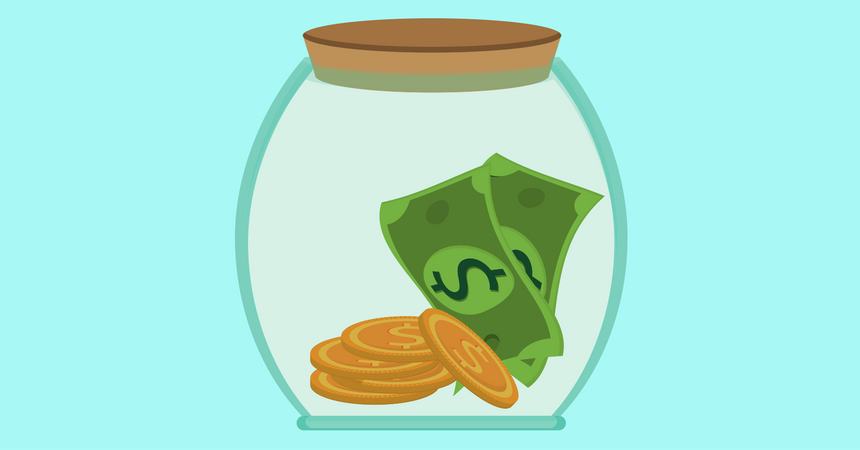
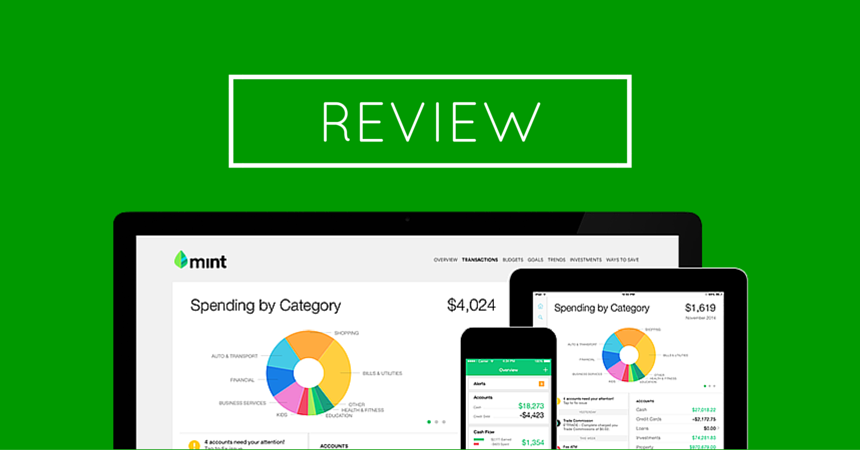
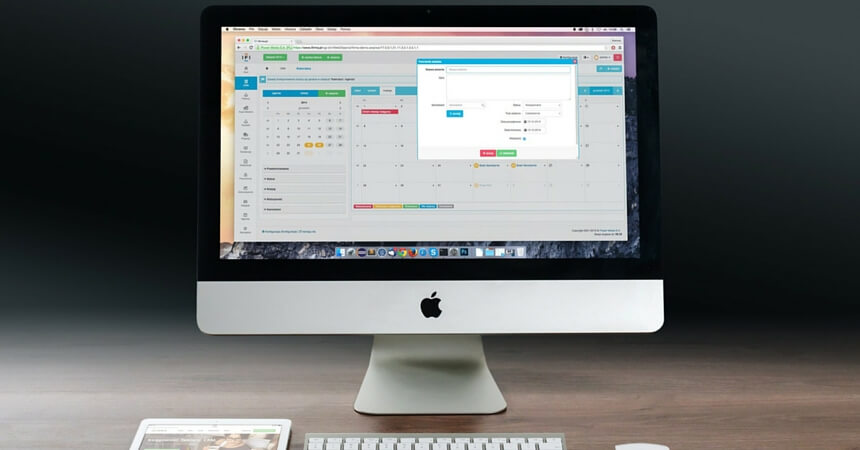
Oh I would have loved to be included in this epic list! Looks like you got some great bloggers on the list!
Thanks, I’ll be sure to include you in the next one!